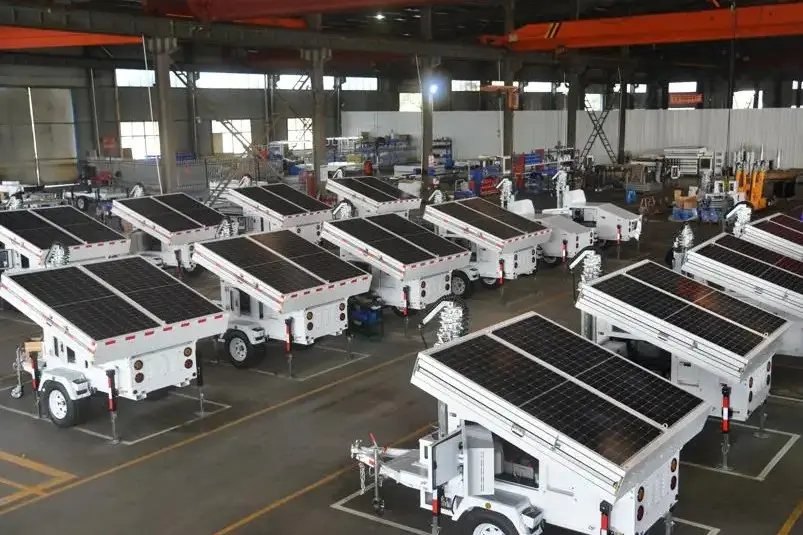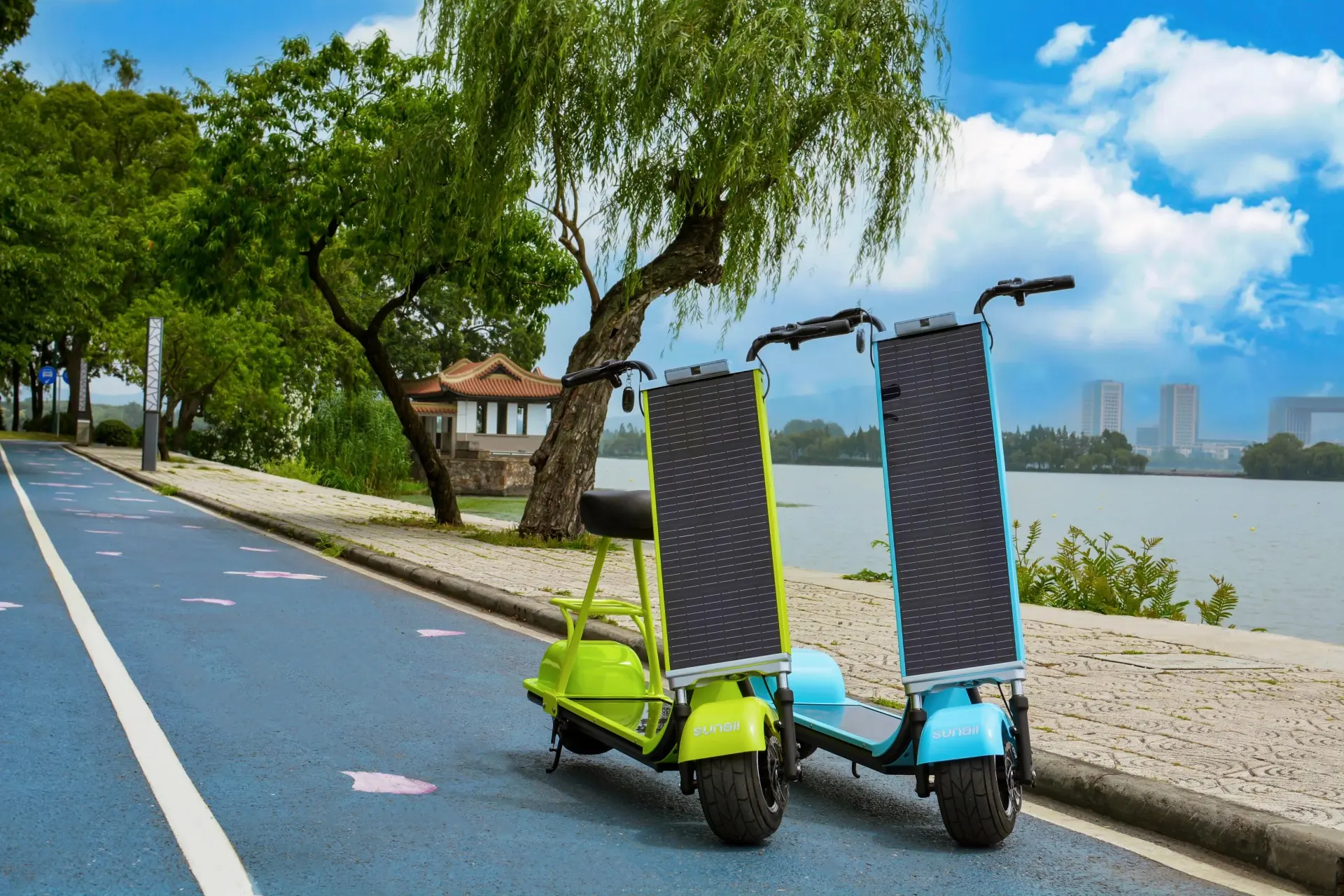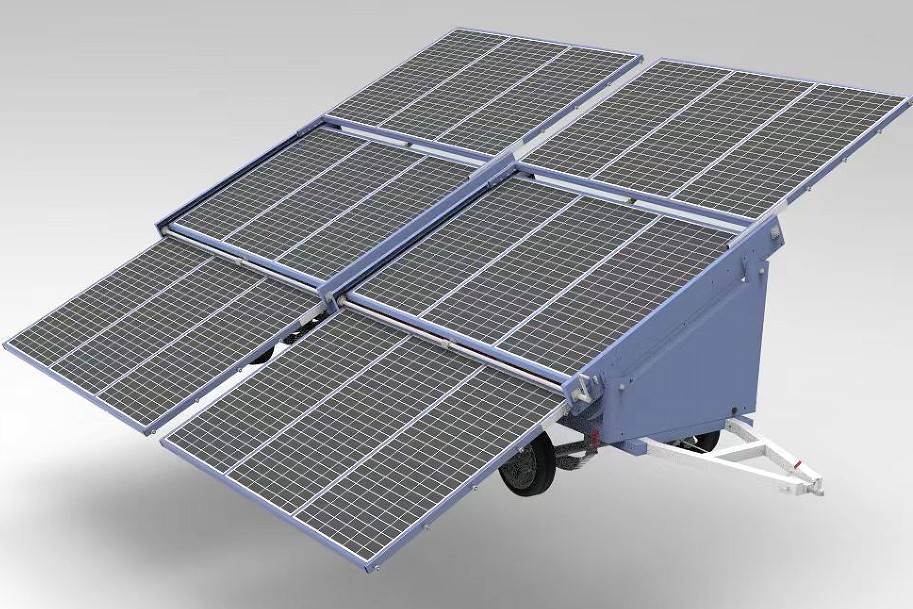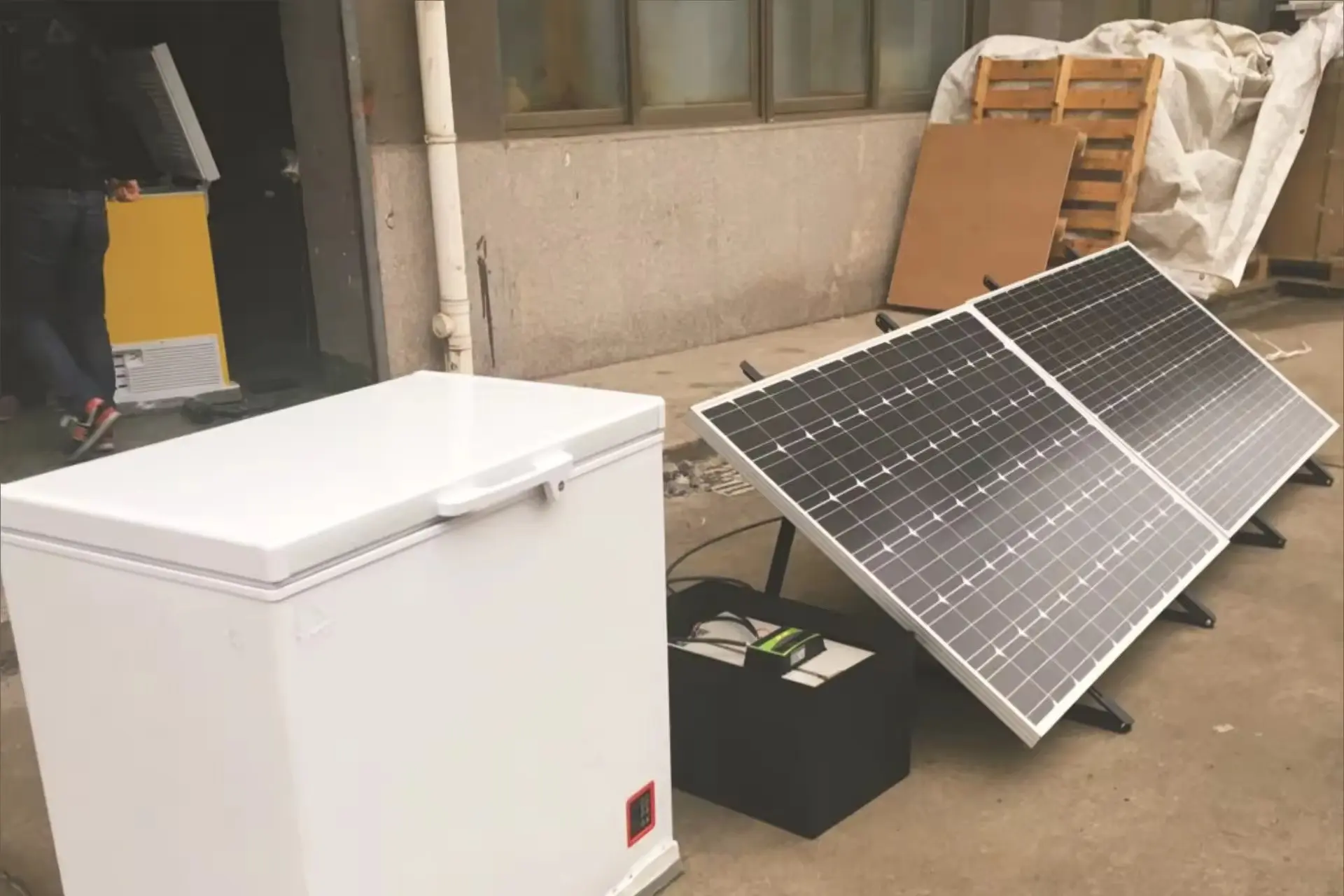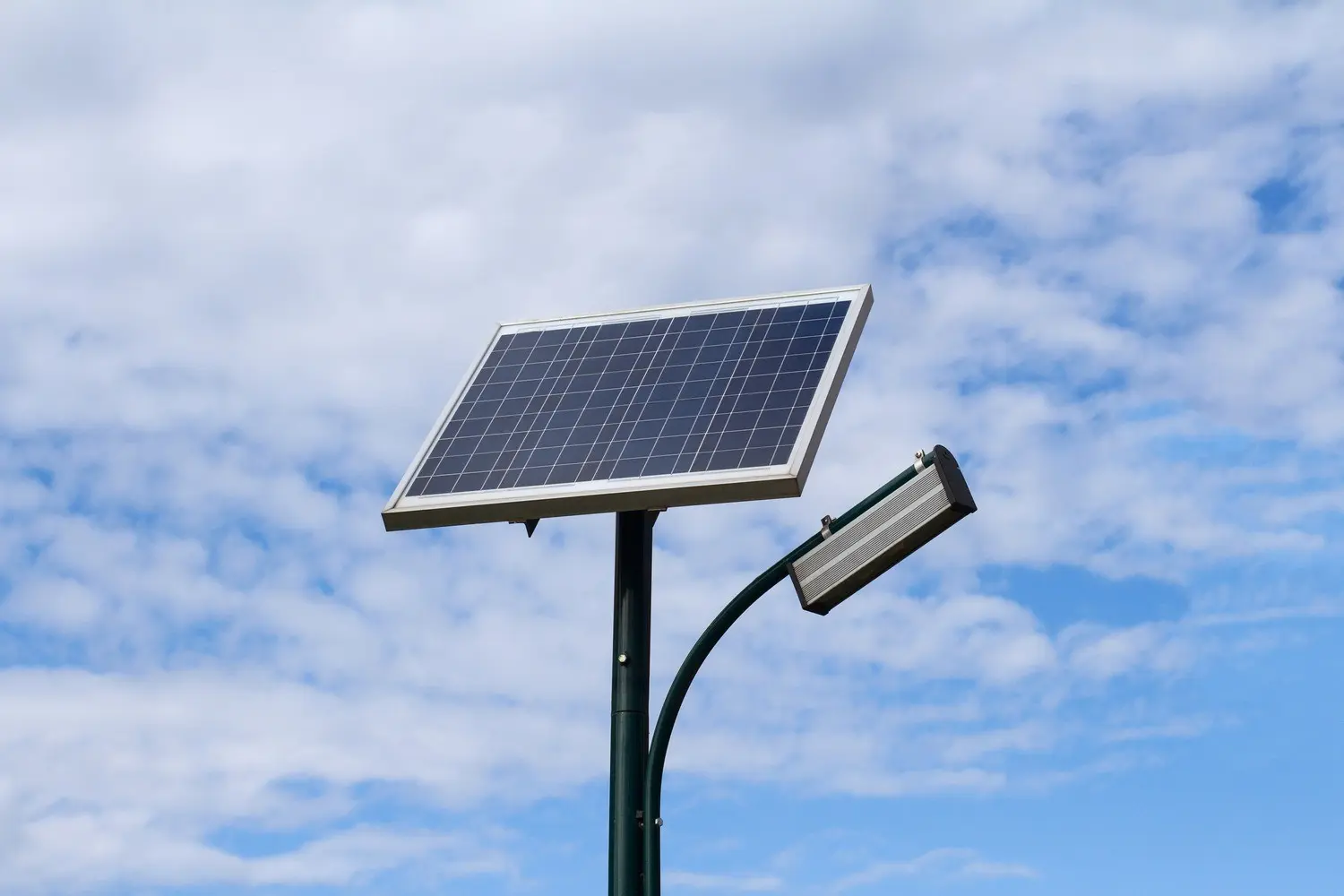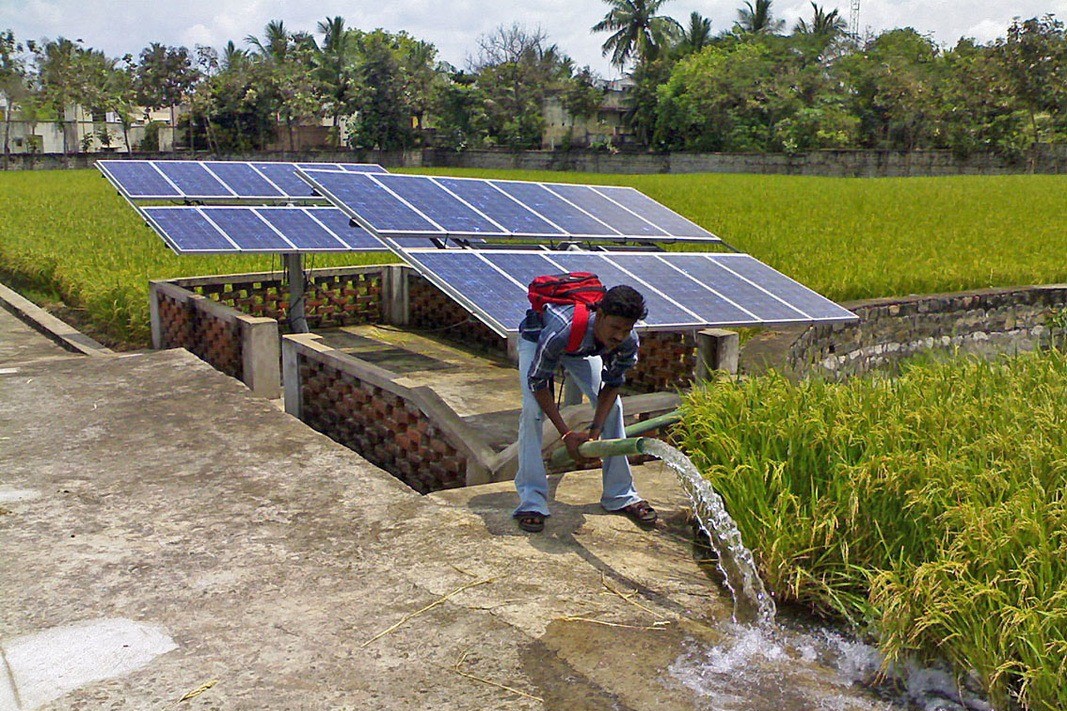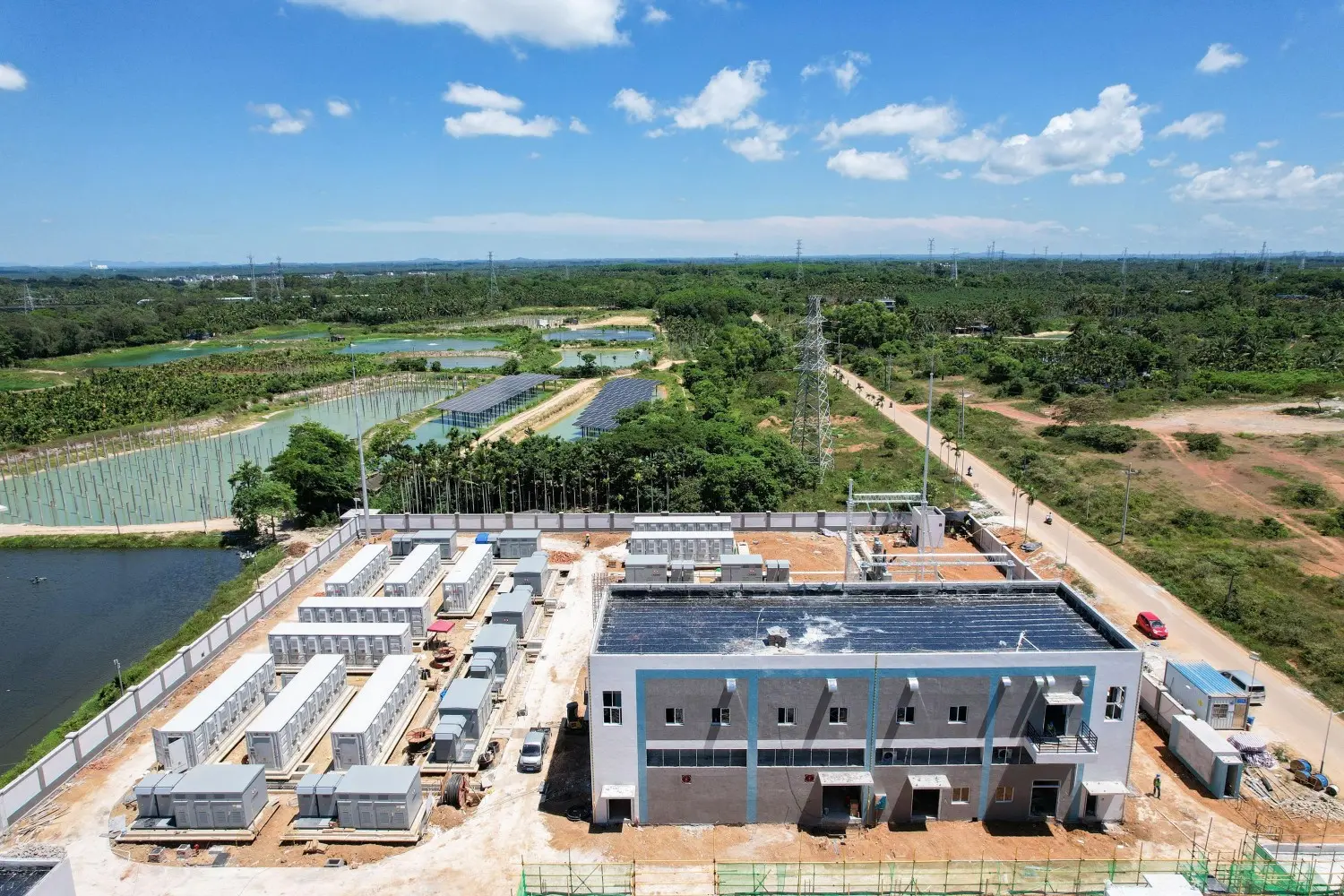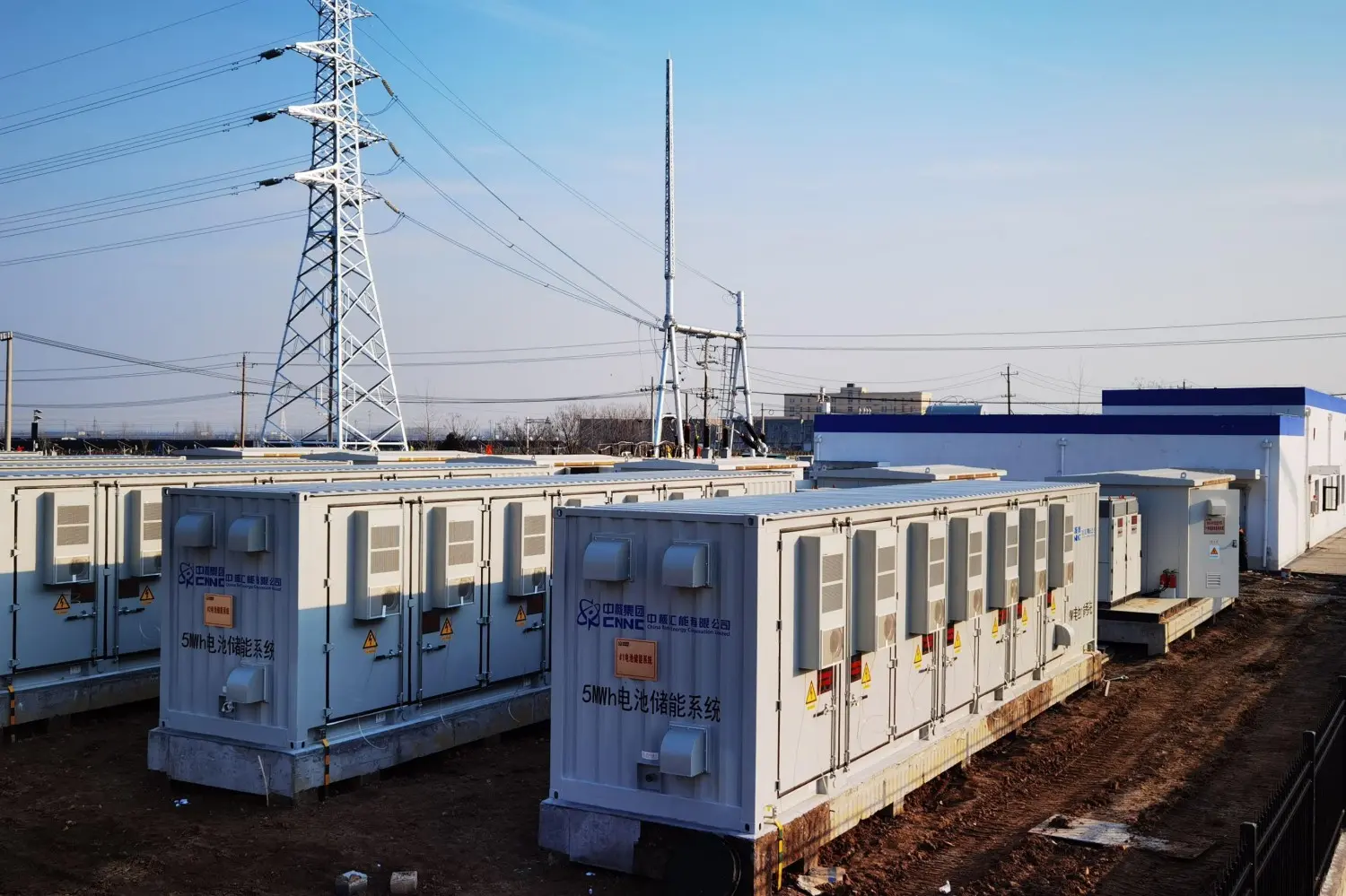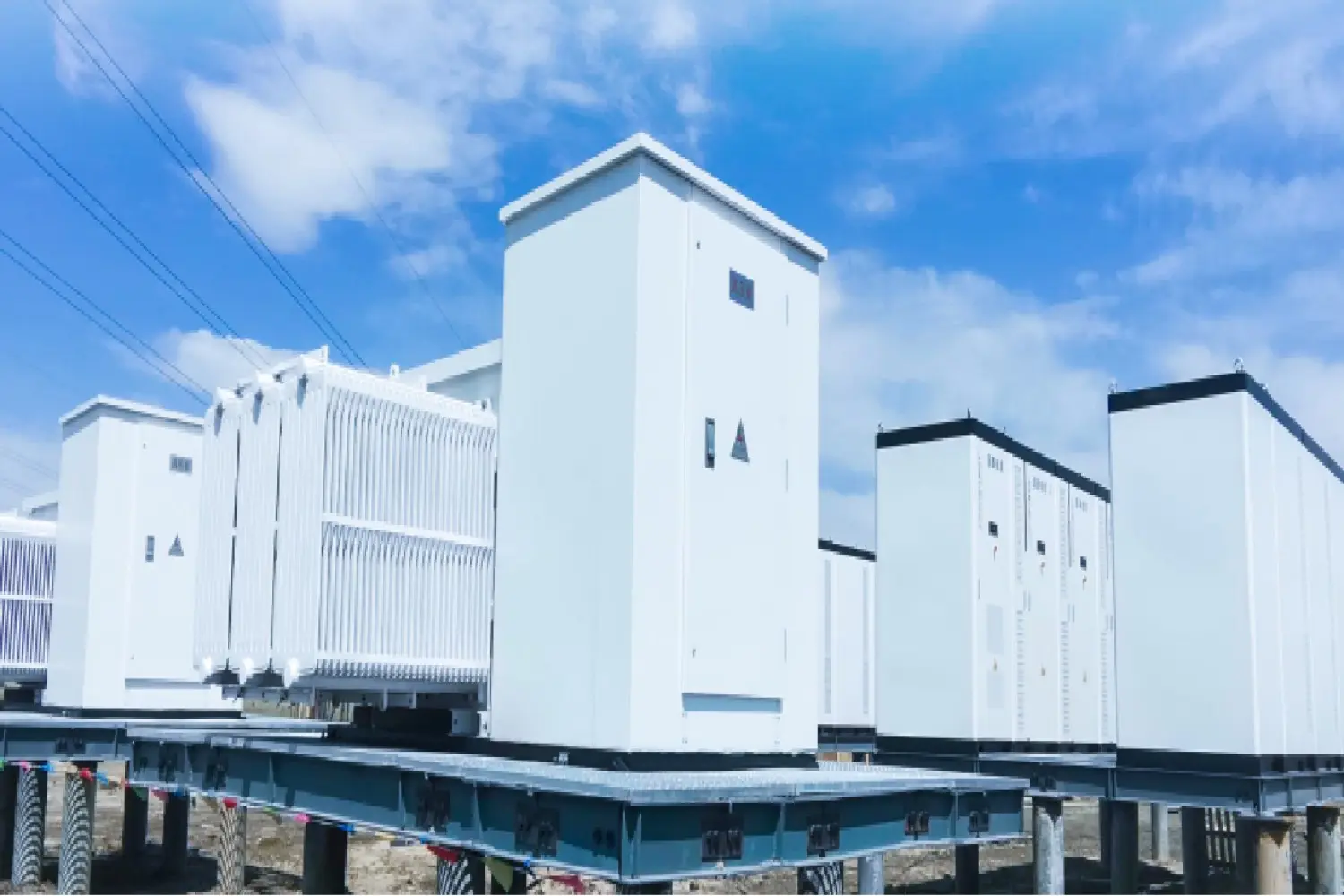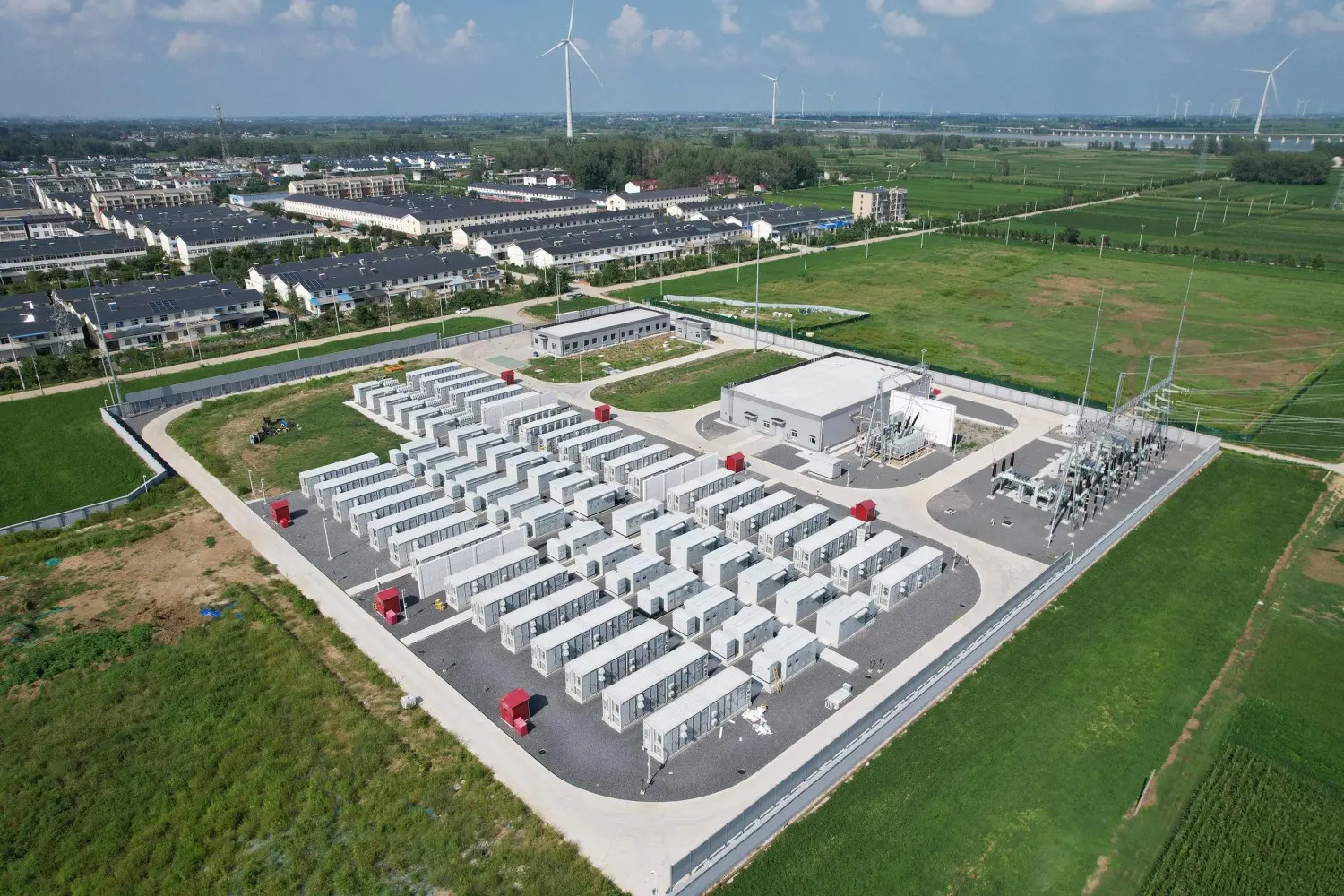50KW Hybrid Solar Energy System in Germany
Client: Klaus, a German homeowner
Client’s Needs: Energy security and reduced reliance on the grid due to frequent outages.
Challenges and Communication:
Klaus needed a hybrid system to ensure uninterrupted power supply during grid failures. We designed a 50KW system with battery storage to meet his energy needs while providing backup power.
Final Configuration:
- System Size: 50KW PV + 100KWh Battery
- Features: Grid connection, battery storage for backup, and seamless switchover during outages.
- Key Benefits: Energy independence, uninterrupted power, and reduced electricity costs.
Klaus now enjoys reliable power supply and substantial energy savings. The system ensures his home remains powered even during grid outages.
Looking for a solar system that offers both savings and energy security? Let MH Energy design your custom hybrid solar solution. Contact us now to get started!
The main difference between a Hybrid Solar Power System and an Off-Grid Solar Power System lies in how they interact with the electricity grid, energy storage, and backup power capabilities. Here's a detailed comparison:
Hybrid Solar Power System
A Hybrid Solar Power System is a combination of both grid-connected and off-grid systems. It is designed to work in conjunction with the grid and incorporate battery storage for backup power. Here’s how it works:
- Grid Connection: Like a grid-connected system, a hybrid system is connected to the local utility grid. When the solar panels produce excess energy, it can be fed back into the grid, often with the potential to earn credits or payments (net metering).
- Battery Storage: Hybrid systems also have batteries to store excess energy for later use, such as during nighttime or periods of low sunlight. This provides backup power during outages or when the grid is down.
- Seamless Switching: One of the key features of a hybrid system is the ability to automatically switch between grid power and battery power, ensuring a continuous supply of electricity. If the grid goes down, the system can draw power from the battery, essentially acting as a backup.
- Energy Optimization: Hybrid systems are designed to optimize energy use, utilizing energy from solar panels, the grid, or batteries, depending on availability and demand.
- Battery Backup with Grid Support: Hybrid systems allow you to have a reliable backup power source (via batteries), while still being able to draw power from the grid when needed.
Advantages:
- Energy Independence: Provides backup power during grid outages, without being completely dependent on the grid.
- Energy Optimization: Maximizes the use of solar energy, reducing energy bills and optimizing storage.
- Seamless Integration: Can balance solar, battery, and grid power usage automatically.
- Ideal for Areas with Frequent Outages: Provides backup power when the grid goes down.
Disadvantages:
- Higher Initial Cost: Since hybrid systems include both battery storage and the grid connection, they can be more expensive to install compared to a standard grid-connected system.
- Complexity: Hybrid systems require a more complex setup and management to ensure proper integration of the grid, solar power, and battery storage.
---
Off-Grid Solar Power System
An Off-Grid Solar Power System is completely independent from the utility grid. It’s designed to provide all of the power needed by a property using only solar energy, with energy storage typically provided by batteries. Here’s how it works:
- No Grid Connection: An off-grid system is not connected to the utility grid, meaning it operates solely on the power generated by solar panels and stored in batteries. There is no interaction with the utility company.
- Battery Storage: Since there is no grid power, an off-grid system requires battery storage to ensure a continuous supply of electricity, especially during periods of low sunlight or nighttime. The batteries store the excess energy generated by the solar panels during the day for use when sunlight is not available.
- Complete Independence: The system is designed to provide all the energy needed for the property, from lighting to appliances and heating, completely off the grid.
- Energy Autonomy: The main goal of an off-grid system is to achieve total energy autonomy, with no reliance on the local utility company for electricity.
Advantages:
- Complete Energy Independence: Ideal for remote locations with no access to the grid, or for those who prefer not to rely on utility power.
- Sustainability: Off-grid systems are entirely powered by renewable energy, making them an environmentally friendly option.
- No Utility Bills: Since there’s no connection to the grid, there are no monthly electricity bills.
Disadvantages:
- Higher Upfront Costs: Off-grid systems are typically more expensive to install due to the need for batteries and additional equipment.
- Requires Proper Sizing: The system must be properly sized to ensure that the solar panels produce enough energy to meet all of the property’s needs year-round, even during periods of low sunlight or high energy demand.
- Battery Maintenance: The batteries used in off-grid systems require regular maintenance and eventual replacement after a certain number of charge cycles.
- Limited Backup: In case the battery storage runs out or the system fails, there’s no backup power available from the grid.
---
Key Differences Between Hybrid and Off-Grid Solar Power Systems
| Key Differences Between Hybrid and Off-Grid Solar Power Systems | ||
| Feature | Hybrid Solar Power System | Off-Grid Solar Power System |
| Grid Connection | Connected to the grid with a backup battery | Completely independent, no grid connection |
| Backup Power | Provides backup power using batteries during outages | Entirely dependent on solar energy and battery storage for power |
| Battery Storage | Yes, for backup and optimization | Yes, but for entire energy needs, without grid support |
| Energy Optimization | Optimizes use of solar, grid, and battery power | Relies on solar and battery storage only, with no grid interaction |
| Use Case | Ideal for areas with grid power but seeking reliable backup | Ideal for remote areas with no access to the grid |
| Cost | Higher initial cost due to batteries and complex setup | Higher initial cost due to batteries and off-grid setup |
| Energy Independence | Partial energy independence (with grid backup) | Complete energy independence from the grid |
| Maintenance | Requires maintenance for both the solar system and batteries | Requires regular maintenance for solar and battery systems |
Which System is Right for You?
- Hybrid Solar Systems are perfect for homeowners, businesses, or farms who want to maximize energy savings, have a reliable backup power source, and still be connected to the grid. They are ideal for areas with unreliable grids or frequent power outages.
- Off-Grid Solar Systems are best suited for remote locations or properties that are far from the grid, or for individuals seeking complete energy autonomy and sustainability without relying on the utility grid.
In summary, while hybrid systems offer the flexibility of both grid interaction and battery storage, off-grid systems provide total independence from the utility grid, though they require careful sizing and maintenance to ensure a continuous and reliable power supply.
Contact us now
To start your journey toward sustainable living!


